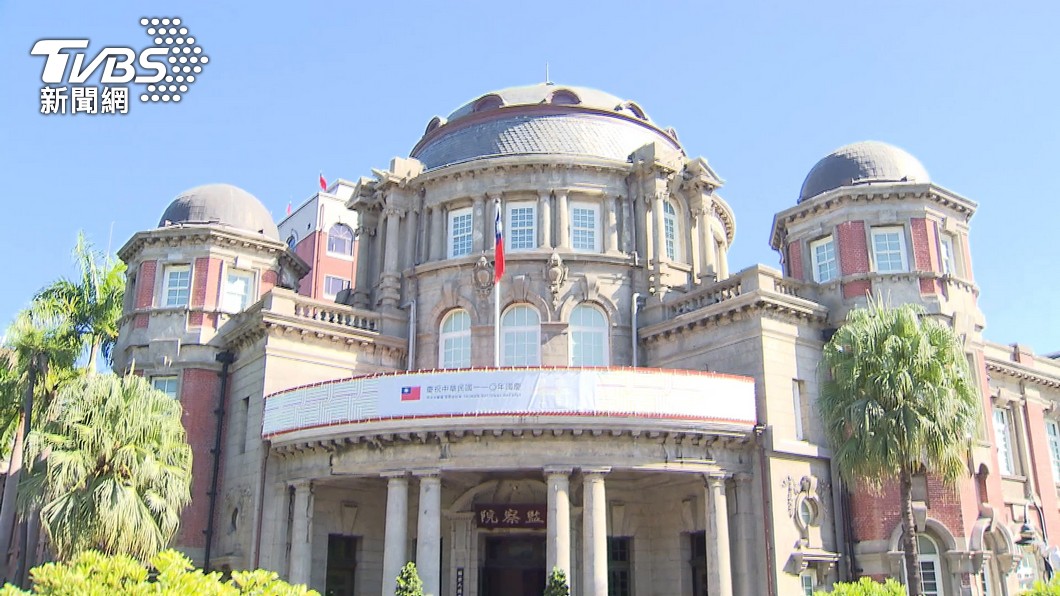TAIPEI (TVBS News) — The Taiwan People's Party (TPP) announced on Thursday (May 30) its initiative to abolish the Control Yuan (監察院). Caucus whip Huang Kuo-chang (黃國昌) revealed that the party has already gathered signatures for a constitutional amendment proposal to eliminate the government watchdog, marking a significant step following the Legislative Yuan's recent passage of a bill to expand parliamentary powers on May 28.
A Unified Front Against the Control Yuan
The TPP's announcement came shortly after the Legislative Yuan approved a bill that enhances the powers of the parliament, signaling the party's determination to overhaul Taiwan's government structure. Huang criticized the Control Yuan for being a financial burden, costing taxpayers NT$1 billion annually without fulfilling any productive role. He labeled it a "waste institution" that has lost its purpose, echoing a sentiment shared by many Taiwanese according to recent polls.
Support for the TPP's initiative is not limited to its own ranks. Fu Kun-chi (傅崐萁), the Kuomintang (KMT) caucus whip, also voiced support for the abolition of the Control Yuan. However, his stance has met with resistance from the KMT central committee, which maintains that the separation of the five powers, including the Control Yuan, is a core principle of the party.
Challenges Ahead
Despite the TPP's commitment to this cause, Huang acknowledged that the constitutional amendment cannot be proposed by the party alone. It requires broader legislative support, necessitating the collection of more signatures from lawmakers across different parties. This collaborative effort underscores the challenges ahead in achieving such a fundamental change in Taiwan's governance structure.
As the debate unfolds, the coming months will be crucial in determining whether this proposal will lead to a significant transformation in the island's political system.



